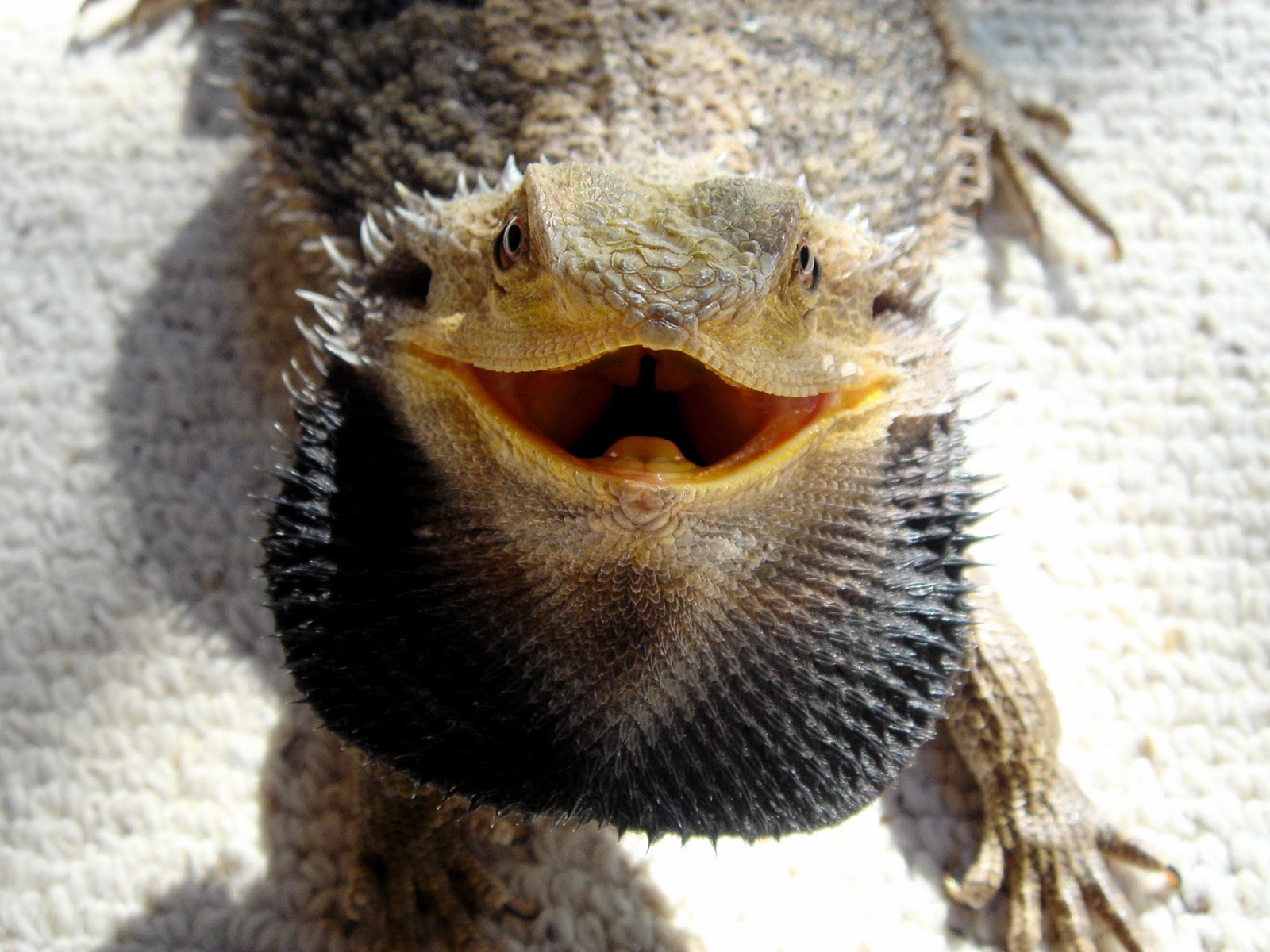The Ultimate Guide to Hibernating Bearded Dragons: What You Need to Know
The Ultimate Guide to Hibernating Bearded Dragons: What You Need to Know

If you own a bearded dragon, you may be wondering what to do during the winter months when the temperatures drop. Bearded dragons are native to the deserts of Australia, so they are not used to cold temperatures. In the wild, they would hibernate during the winter, which is why you may have heard about hibernating bearded dragons. But should you let your bearded dragon hibernate, and if so, how do you do it? In this guide, we will answer all your questions about hibernating bearded dragons.
What is Hibernation and Why Do Bearded Dragons Do It?
Hibernation is a state of inactivity that many animals enter during the winter months. During hibernation, an animal’s body temperature drops, and their breathing and heart rate slow down. Hibernation is a survival mechanism that helps animals conserve energy during the winter when food is scarce.
In the wild, bearded dragons would hibernate during the winter to conserve energy and survive until the warmer months when food is more abundant. However, in captivity, it is not always necessary or recommended for bearded dragons to hibernate.
Should You Let Your Bearded Dragon Hibernate?
Whether or not you should let your bearded dragon hibernate depends on several factors, including their age, health, and environment. If your bearded dragon is less than a year old, or if they have any health issues, you should not let them hibernate. It is also important to make sure that your bearded dragon is at a healthy weight before letting them hibernate.
If your bearded dragon is healthy and at a good weight, you can let them hibernate if you choose to. However, it is important to do it safely and properly to ensure your pet’s health and well-being.
Preparing Your Bearded Dragon for Hibernation

Before letting your bearded dragon hibernate, you need to prepare them and their environment. Here are the steps to follow:
- Gradually decrease the temperature in their enclosure over a period of several weeks until it reaches around 60°F (15.5°C).
- Reduce the amount of light they receive to simulate winter conditions.
- Stop feeding them about two weeks before you plan to let them hibernate, but continue to offer water.
- Make sure they have a suitable hiding spot where they can burrow and sleep.
- Place them in a separate container, such as a plastic tub or a box, with clean substrate. Make sure the container has air holes.
- Put the container in a cool, dark place where the temperature remains constant, such as a basement or closet.
Monitoring Your Bearded Dragon During Hibernation
While your bearded dragon is hibernating, you need to monitor them to make sure they are healthy and safe. Here are the things to watch for:
- Check on them regularly to make sure they are still alive.
- Make sure their container is clean and free of feces or other waste.
- Offer them water once every few weeks by dripping it on their nose to encourage drinking. Do not force feed them.
- Keep the container in a place with a constant temperature and monitor it to make sure it doesn’t get too warm or too cold.
Ending Hibernation

After several weeks of hibernation, it’s time to wake your bearded dragon up. Here’s how to do it:
- Slowly raise the temperature in their enclosure over a period of several weeks.
- Increase the amount of light they receive.
- Offer them water and then small, easily digestible food items, such as vegetables or crickets.
- Monitor them closely for any signs of illness or distress.
Conclusion
Hibernating bearded dragons can be a safe and natural way to help your pet conserve energy during the winter months. However, it’s important to do it properly to ensure your pet’s health and well-being. Always consult with a veterinarian before letting your bearded dragon hibernate, and closely monitor them throughout the process. If in doubt, it’s always better to skip hibernation and provide your bearded dragon with a warm and comfortable environment throughout the winter.
